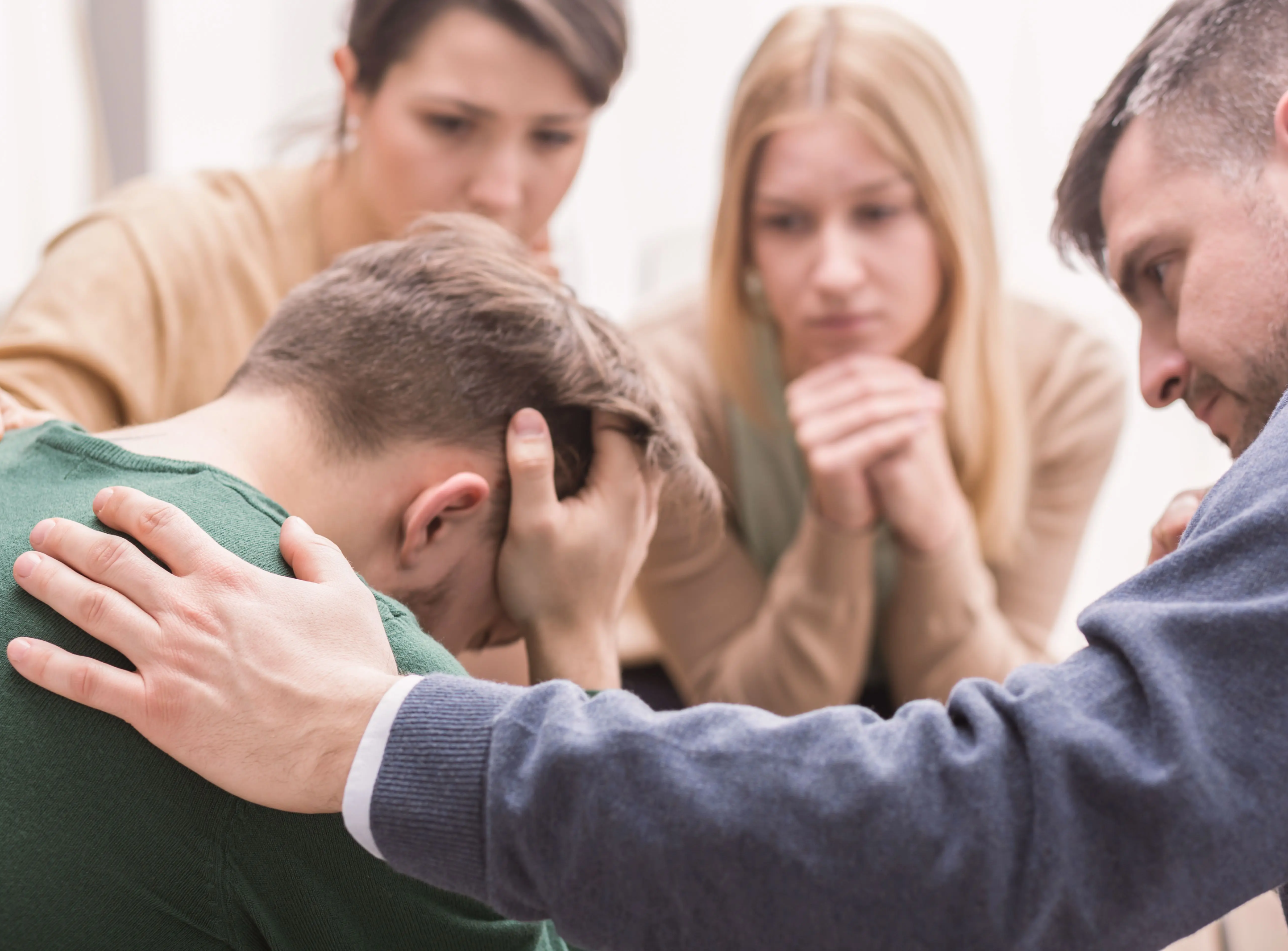Behavioral Health
Crisis Mobile Services is an integral part of the crisis continuum of care. Mobile crisis interventions provide individuals with less restrictive care in a more comfortable environment that is likely to produce more effective results than hospitalization or ED utilization. When collaboration exists with hospitals, medical and behavioral health providers (both in and out patient), law enforcement, the home and caregivers, and other social services, community-based mobile crisis is an effective and efficient way of resolving mental health crisis and preventing future crisis situations.
The current approach to crisis care is patchwork and delivers minimal treatment for some people while others, often those who have not been engaged in care, fall through the cracks; resulting in multiple hospital readmissions, life in the criminal justice system, homelessness, early death and suicide.

The 2023 Mental Health America survey showed that around 55% of adults are not receiving any kind of treatment for their mental health issues. In absence of treatment, many individuals turn to substance abuse and worsen their condition.

According to this MHA report, access to mental health care is challenging due to several reasons. While cost is on the top of the list, almost 30% of survey participants reported that they don’t know where to seek mental health services.
contrast to traditional healthcare facilities, a mobile clinic meets people where they are. A recent study revealed that low availability and long waits are among the top reasons why people in rural areas don't receive the mental health support they need. Social stigma is another barrier that keeps individuals with mental health problems away from traditional clinics.
Crisis mental health care in the United States is inconsistent and inadequate as it generally falls short of aligning with the best practice, but we have partnered with leading professionals and approach care services to include:
- An effective strategy for suicide prevention;
- An approach that better aligns care to the unique needs of the individual;
- A preferred strategy for the person in distress that offers services focused on resolving mental health and substance use crisis;
- A key element to reduce psychiatric hospital bed overuse;
- An essential resource to eliminate psychiatric boarding in emergency departments;
- A viable solution to the drains on law enforcement resources in the community; and
- Crucial to reducing the fragmentation of mental health care.
Every community is a little different and has a different flavor to their problems and capabilities, but a sample of the services provided by our mobile units include:
- Triage/Screening
- Assessment
- De-Escalation and Resolution
- Peer incorporation
- Counseling
- Education
- Referral and follow-up
- Fully functional MAT Clinic